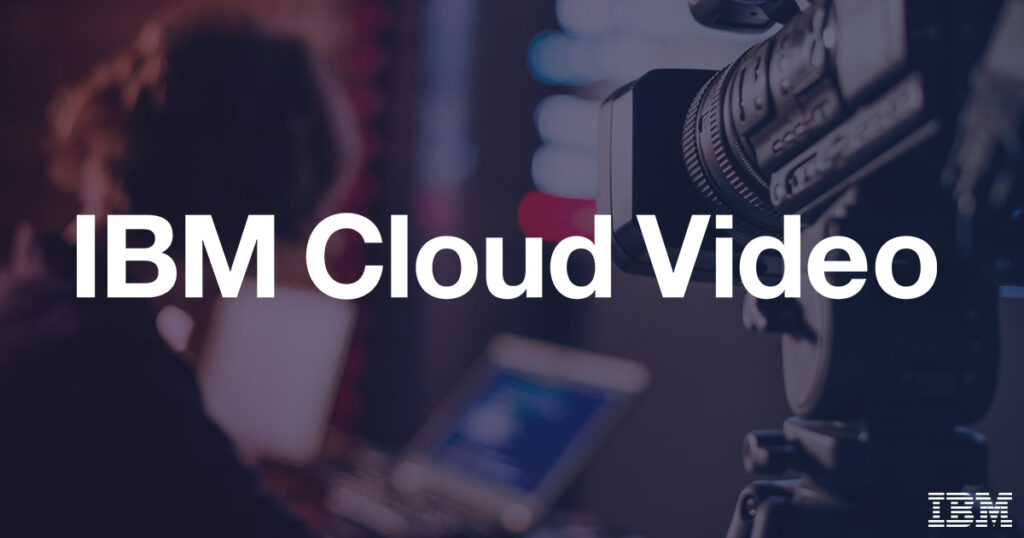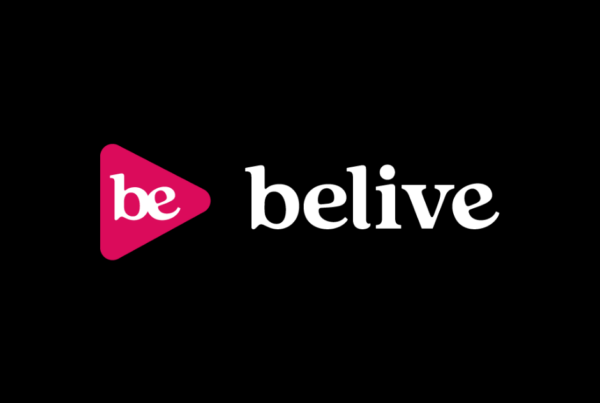Live stream technology has made steady advancements over the past few years and has gained a lot of ground in various industries. Just this year, the live stream industry grew by 99%. Although this growth was partly led by the circumstances of the COVID19 pandemic, it seems like live stream is here to stay even after the crisis, thanks to the potential it has shown in maximising business prospects.
While many live stream events are meant to reach large audiences, some have to be kept private and internal. These private events or meetings will require essential features to uphold its privacy and security, which only some live stream service providers are equipped with.
 Essential Features for Privacy and Security
Essential Features for Privacy and Security
1. Password Protection
This is one of the most basic forms of security to implement for private live streaming. By imposing password protection, only those who have the password can access the live stream.
Last year, Samsung Vietnam leveraged BeLive Technology to streamline their process of training retail sales representatives who were scattered across the country. Password protection was imposed to ensure that only the verified personnel could access the live stream.
2. Geographic Restrictions
Aside from password protection, broadcasters can also impose restrictions based on geographic locations, also known as geo-blocks.
In geo-blocking, the user’s location is determined using geolocation techniques, such as checking the user’s IP address and measuring the delay of a network connection to estimate the physical location. The result of this check is used to determine whether the system will approve or deny access to the live stream.
3. Payment Security
Another way to keep content secure is to instil a paywall so users have to pay in order to access them. It also acts as a revenue stream for broadcasters. Payment security will have to be carefully considered as it becomes exponentially more critical in this case.
Which Live Streaming Service Is Best?
Not all live stream technology service providers can implement the above features. Below are five of the most equipped platforms that offer private live streaming for enterprises.
Each platform has its pros and cons, but recognising your business needs would make the selection process easier.
1. Brightcove
Brightcove is among the oldest online video platforms. Besides live streaming, they also provide hosting tools like video on demand and video player.
While their basic plan covers only the fundamental security features, those looking to host private live stream events can only do so using Brightcove’s custom plan.
 Core Features
Core Features
- Save live stream as Video On Demand (VOD)
- Basic tech support
- Some monetization options
- Some API access
- Best for clients with large budgets
Advantages
- Deep analytics
- Custom video portals
- Good customer support
Disadvantages
- Can be costly
- Limited live streaming capabilities
- Limited security tools
2. BeLive Technology
![]() BeLive Technology is no stranger to the live streaming industry. In 2014, they started as a consumer-based live streaming mobile app and were successful in identifying the key demands from consumers. They subsequently perfected their live streaming, live commerce, and live trivia features into customisable packages for other businesses.
BeLive Technology is no stranger to the live streaming industry. In 2014, they started as a consumer-based live streaming mobile app and were successful in identifying the key demands from consumers. They subsequently perfected their live streaming, live commerce, and live trivia features into customisable packages for other businesses.
Today, BeLive Technology is the leading custom live stream service provider in South-east Asia and is innovatively coming out with brand new features. They are the sole technology provider for Rakuten Live and Singapore’s first live streaming shopping festival.
BeLive Technology offers two flexible solutions: an enterprise white label solution, and a subscription-based SDK solution.
Core Features
- Secured live streams with password protection, geo-block, and paywalls
- In-depth user analytics
- Flexible monetisation models
- Live video shopping
- Live trivia
- High quality video
- Publish saved live streams as recorded video
Advantages
- Flexible end-to-end solutions
- Transparent pricing; only pay for what you need
- Wide range of features (Need anything specific? BeLive Technology can accommodate)
- Online and offline support
- Insightful analytics
- SDK subscription option available
- Personalised content management system
Disadvantages
- SDK option can be costly if used for the short-term. For both short and long-term use, the white-label solution is highly recommended for its cost.
3. Vimeo
 Vimeo is another service that offers video creation, editing, and broadcasting tools and enterprise software solutions.
Vimeo is another service that offers video creation, editing, and broadcasting tools and enterprise software solutions.
Having been around since 2007, Vimeo is well furnished with a variety of features including the privacy and security aspects.
Core Features
- Advanced analytics
- High quality video
- Privacy and security controls
Advantages
- Great storage capacity
- High bandwidth
- Good functionality
Disadvantages
- Difficult to use
- Expensive
- Frequent connection issues
4. IBM Cloud Video
 Formerly known as Ustream, IBM Cloud Video offers cloud based live streaming for digital events and conferences.
Formerly known as Ustream, IBM Cloud Video offers cloud based live streaming for digital events and conferences.
IBM Cloud Video offers user authorisation (single sign-on) and password protection of events. However, they do not offer hands-on and in-person training, which could be a drawback for those new to live streaming.
Core Features
- Video marketing
- Analytics and insights
- Password protection
Advantages
- Free version available
- Well-known
Disadvantages
- Limited access in free version
- Can get expensive (additional fees are tacked on if you surpass the allotted number of viewer hours)
- Not a white label service; no custom branding
5. Kaltura
Last but not the least, Kaltura is an open-source platform with VOD and live streaming capabilities. Known for its many add-ons and integrations, Kaltura’s complexity has its perks for experienced broadcasters but can get very tricky for those who are new to live streaming.
Core Features
- API access
- Monetization capabilities
- Strong security
Advantages
- Free version available
- Well-known
Disadvantages
- Limited access in free version
- Can get expensive (additional fees are tacked on if you surpass the allotted number of viewer hours)
- Not a white-label service; no custom branding
Free Live Streaming Platforms
For those looking for free options, the most striking platforms would be Facebook Live, Instagram Live, Twitch and Youtube.
While these platforms would not hurt your budget, they do have some limitations. For instance, the control and flexibility that you would get with paid live stream service providers would be lost in free platforms.
Monetisation and privacy controls on free platforms are also limited.
However, suppose fancy live streaming features are not a requirement for your event, the availability of large audiences on these social media platforms is attractive for those looking for a broad reach. In this blog post, we broke down the differences in live streaming on YouTube, Facebook and Instagram.
Wrap Up
To conclude, security and privacy controls are essential features for private live stream events which not all service providers can provide. Focusing on your business needs will help you identify a suitable live video streaming provider from a wide selection.
Keen on using live streaming for more than just private events? Check out our blog post on how to carry out marketing using live stream.














